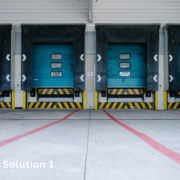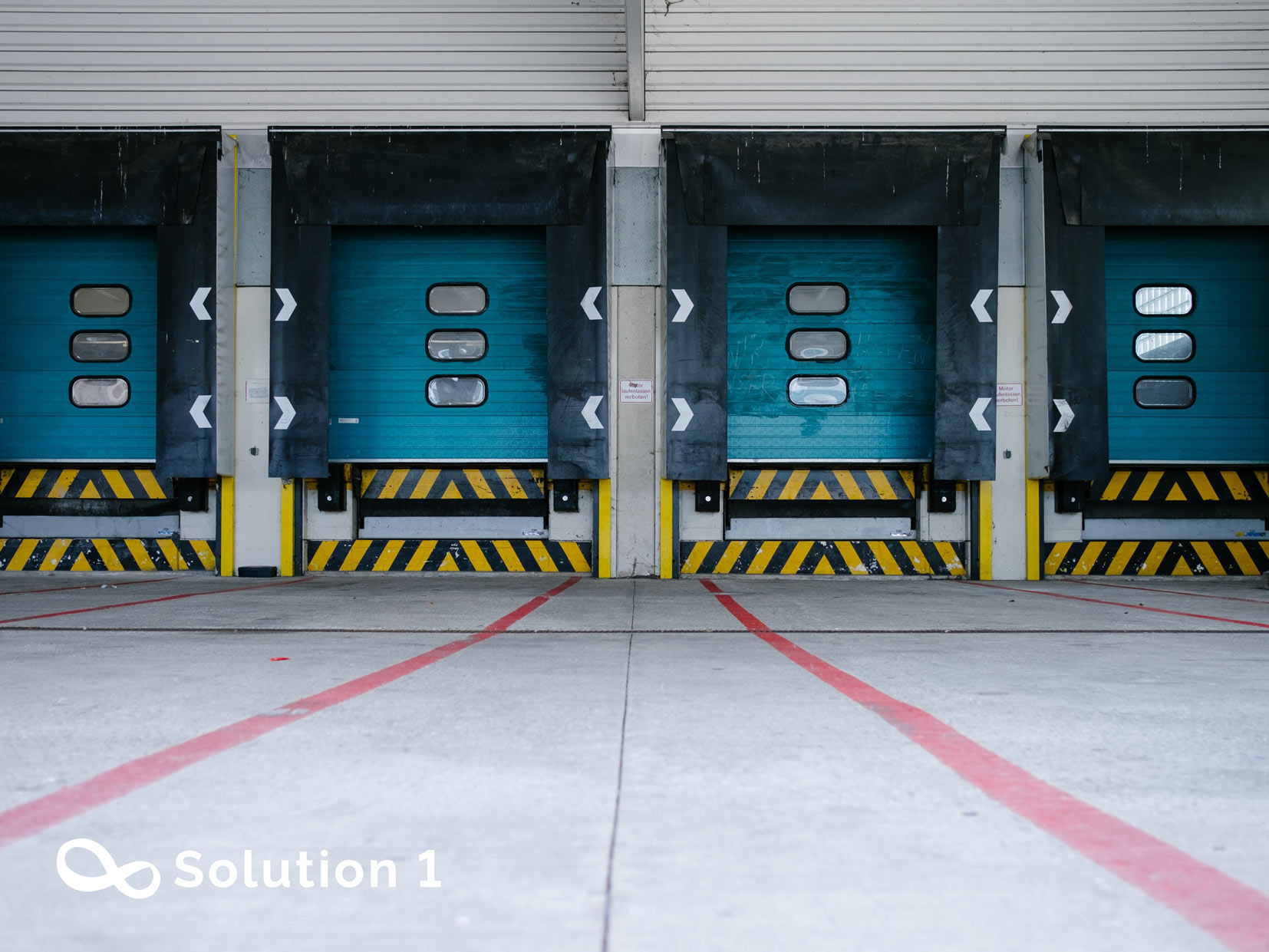Beyond Route Optimization: Unleashing smart logistics for enhanced efficiency and safety.
Logistics plays a vital role in economic growth and is a driver of countries’ and firms’ competitiveness. However, on account of the complex supply chains and high labor costs, the costs of logistics are still at a relatively high level. Such as one of the highly efficient countries in terms of logistics, the U.S. spent $1.64 trillion on logistics in 2018, which is a jump of 11.4% from the prior year and around 8.0% of the U.S.’s $20.5 trillion gross domestic product according to the Council of Supply Chain Management Professional’s 30th annual State of Logistics Report. Whereas, in the least efficient countries, the logistics costs can be as high as 25% of GDP. High logistics costs will affect the efficiency of the manufacturing global value chains and the competitiveness of a country’s economy.
There is hence no doubt that developing smarter approaches to improve logistics efficiency and reduce logistics costs, in both academia and industry, is a timely and important topic nowadays. Recently, the concept of smart logistics has been proposed. Smart logistics is based on modern advanced information and communication technology. It can realize the modern integrated logistics system in an intelligent way by real-time processing and comprehensively analyzing the information of all aspects of logistics.
“According to a new report by Grand View Research, The global retail logistics market size is anticipated to reach USD 626.59 billion by 2030, registering a CAGR of 12.5% over the forecast period. The growth is likely to be driven by new last-mile delivery methods, such as the introduction of the Internet of Things, the use of data analytics, and urban warehousing, among others, in the supply chain. An IoT-based supply chain connects much technical equipment using sensors, allowing for real-time data collecting on critical aspects such as filing rate and temperature. IoT-based supply chain solutions also provide merchants with unprecedented inventory control and accuracy.”
UPS is one of the leading parcel delivery companies that use AI-powered GPS called ORION to find the fastest and the most cost-efficient route for its fleet. With the data and information given by the customers, drivers, and vehicles, ORION uses the algorithm to find out the appropriate way for each delivery. It is a real-time system that modulates the routes depending on the present traffic and other circumstances.
Another company that has taken the idea of applying AI is Marble. It uses robots that work on the same AI system as automated cars to deliver cargo to consumers. Its feature is cutting down the risk of the driver, is eco-friendly, and saves cost and time. Lineage Company uses AI to forecast which items are stored for a long time and stay for a short period. Based on that, the things that take a long time will be held in the back, and the others that will leave early will be kept in the front. As a result, Lineage has increased its efficiency by more than 20%.
Smart logistics enables real-time management of incoming and departing items, increases delivery efficiency, and manages the collection, transfer, and picking of commodities across the system. Through the real-time monitoring system, the logistics firm can get information on the location of trucks and cargo, the conditions of the cargo, such as temperature and humidity, and the speed, tire temperature, pressure, fuel amount, braking times, and driving behaviors. It effectively integrates information about cargo, drivers, and vehicles while moving products, hence increasing transport efficiency, lowering transportation costs, minimizing cargo losses, and providing a clear picture of everything that occurs throughout the transport process. Additionally, this solution has the potential to decrease accidents and related injuries.





